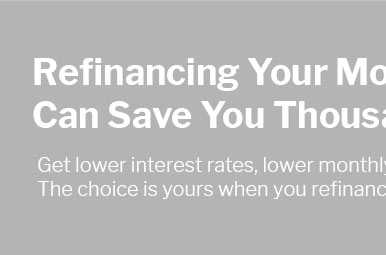 |
 |
 |
 |
 |
|---|
 |
 |
|
|---|---|---|
 |
 |
|
 |
 |
|
 |
 |
 |
 |
 |
 |
Exploring the Nuances of Financing a Mobile Home Near MeIn recent years, the concept of financing a mobile home has gained significant traction, primarily due to the increasing demand for affordable and flexible housing solutions. As the real estate market continues to fluctuate, many individuals are seeking alternatives that offer both comfort and financial feasibility. This article delves into the various aspects of financing a mobile home, providing insights into its benefits and potential drawbacks, and offering a comprehensive understanding for those considering this option near their locality. The Appeal of Mobile Homes The allure of mobile homes can be attributed to several factors. First and foremost, cost-effectiveness plays a pivotal role. Compared to traditional homes, mobile homes typically require a lower initial investment, making them an attractive option for first-time buyers or those looking to downsize. Additionally, the flexibility they offer is unmatched. Homeowners can relocate with relative ease, a feature that appeals to individuals who value mobility and adaptability in their lifestyle. Understanding Financing Options Financing a mobile home, however, can be a complex endeavor, requiring careful consideration and understanding of the available options. Unlike conventional homes, mobile homes often do not qualify for standard mortgage loans, prompting buyers to explore alternative financing routes. These may include personal property loans, chattel loans, or utilizing personal savings and investments. Each option carries its own set of advantages and limitations.
Pros and Cons While the financial advantages of mobile homes are clear, it's essential to consider potential downsides. One major concern is depreciation. Unlike traditional homes, which often appreciate over time, mobile homes may depreciate, impacting resale value. Additionally, finding suitable land can be challenging, as zoning regulations and availability vary widely by location. It's also worth noting that community living, often associated with mobile home parks, may not suit everyone's preferences, as it involves adherence to park rules and shared facilities. Final Thoughts In conclusion, financing a mobile home near you presents a unique opportunity to embrace affordable housing without compromising on comfort or convenience. By weighing the benefits against the potential challenges, prospective buyers can make informed decisions that align with their financial goals and lifestyle aspirations. Whether motivated by the desire for cost savings, flexibility, or a simplified way of living, mobile homes represent a viable and increasingly popular option in today's housing market. https://capitalhomemortgage.com/Illinois/manufactured-home-loans/
One Time Close Land/Home Combo; Lock at Contract; FHA, VA, USDA, Native ... https://www.imha.org/resources/finance-and-insurance
Illinois Manufactured Housing Association members that provide financing and/or insurance for Manufactured Home owners. http://www.hud.gov/program_offices/housing/sfh/title/repair
Under Title I Manufactured Home Loan Program, FHA approved lenders make loans to eligible borrowers to finance the purchase or refinance of a:
|
|---|